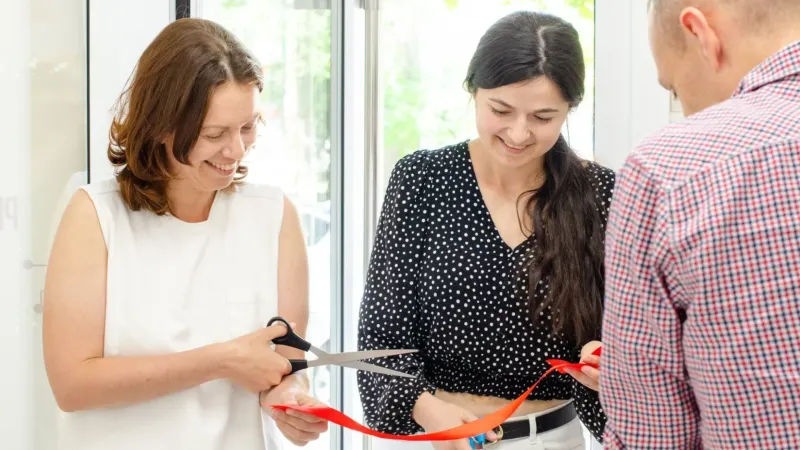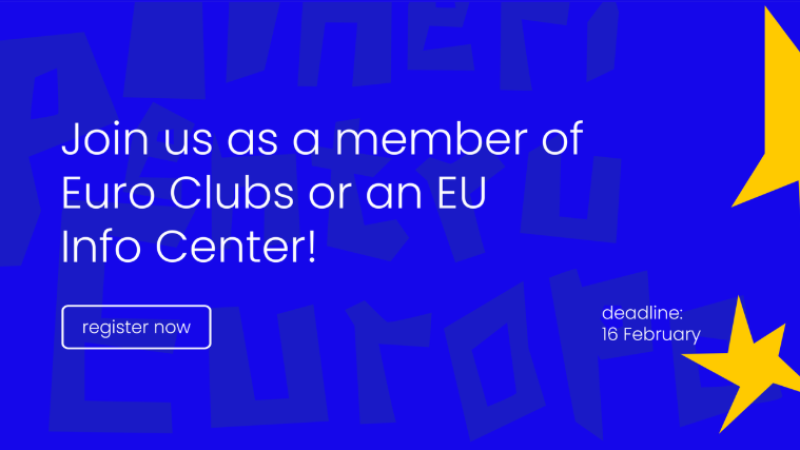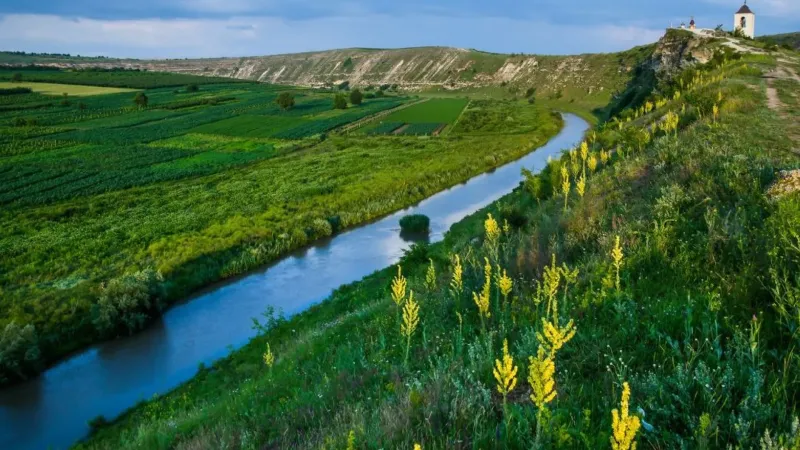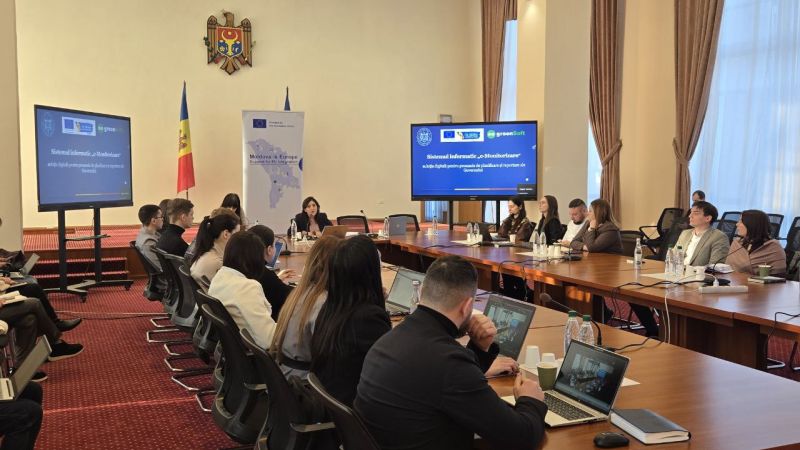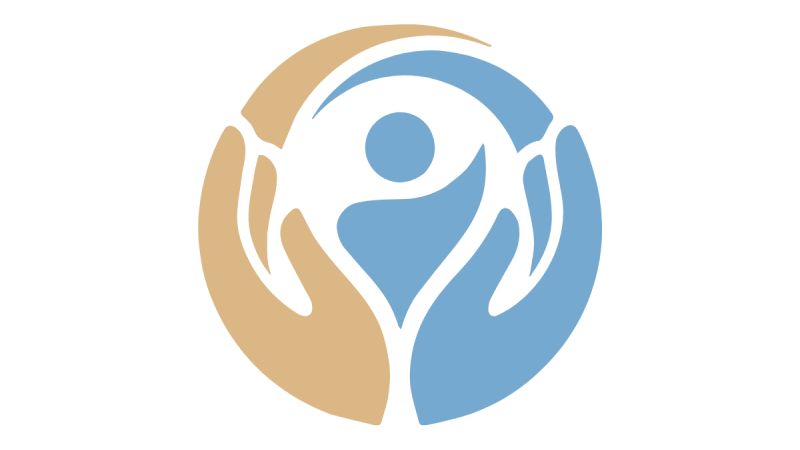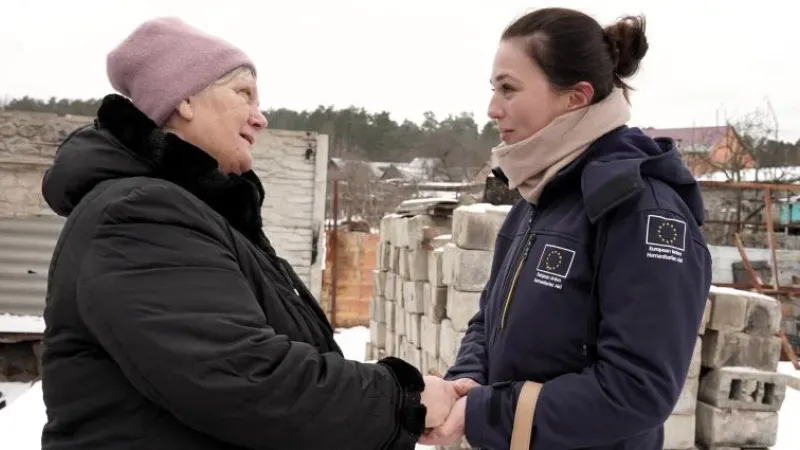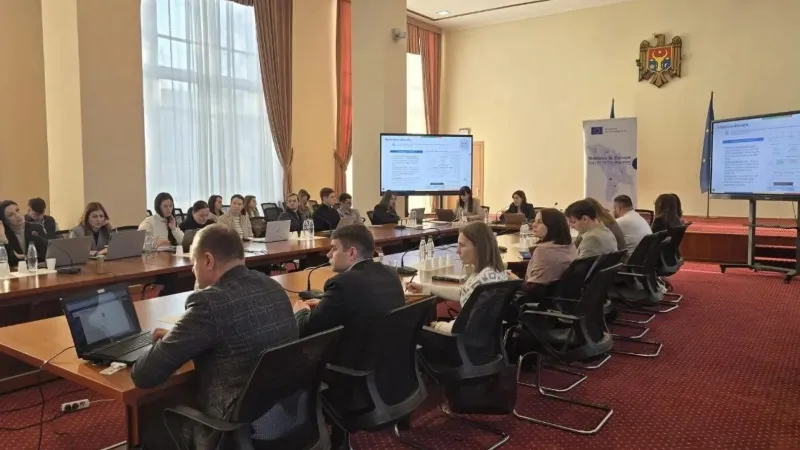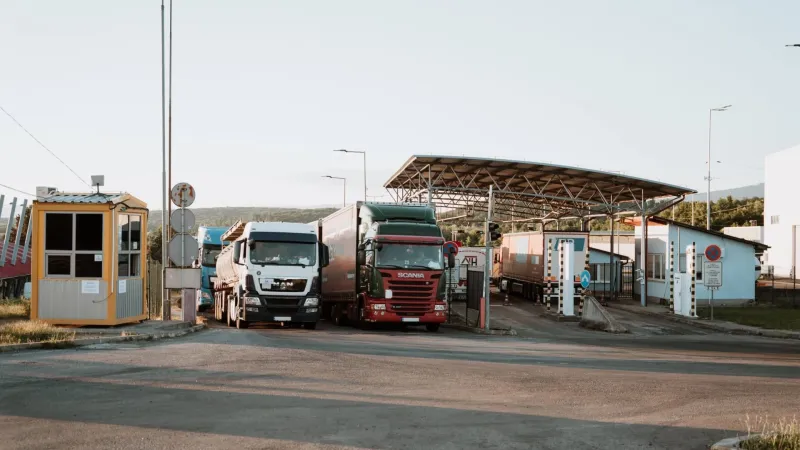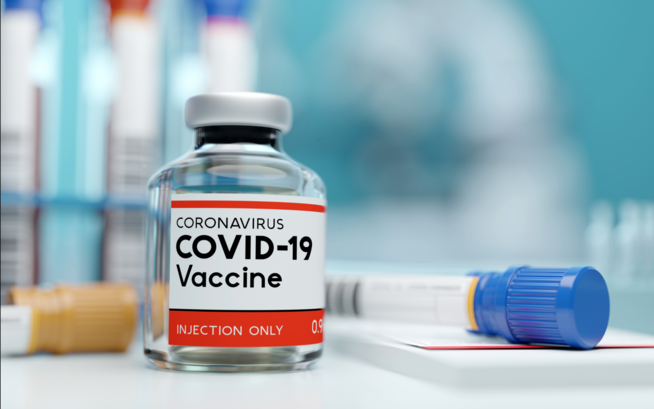
COVID-19: how does the European Union help the Eastern partner countries in the pandemic?
- Cross-cutting areas
- Civil society
- Gender issues
- Economic development & market opportunities
- Employment and entrepreneurship
- Strengthening Institutions & good governance
- Governance, rule of law and human rights
- Security, cross-border cooperation & border management
- Mobility & people-to-people contacts
- Health
Around Europe, countries, regions, cities and communities are stretching out a helping hand to neighbours, assisting those most in need. This is European solidarity in action. The European Union (EU) believes that no one is safe until everyone is safe.
Since the start of the pandemic, the EU and its Team Europe package that combines resources from the EU, its Member States, and international financial institutions have provided wide-ranging assistance to all six Eastern Partnership (EaP) countries.
To date, more than €3 billion worth of support has been allocated in emergency relief to cover immediate needs, or for assisting national health systems and the social and economic recovery of Armenia, Azerbaijan, Belarus, Georgia, the Republic of Moldova and Ukraine.
Who benefits from this support and how?
➔ HEALTHCARE SECTOR
The EU is working with the World Health Organisation (WHO) to support the health sector across the six EaP countries through the Solidarity for Health Initiative, supplying medical devices and personal equipment. To date, over 11 million items of personal protective equipment, 12,000 lab kits, over 1,500 ventilators, oxygen concentrators and pulse oximeters, and over 20,000 PCR testing kits have been provided as part of this project.
➔ MOST VULNERABLE GROUPS
The EU is supporting the most vulnerable groups in society across the six EaP countries, with investments of more than €11 million. Grants of up to €60,000 are given to civil society organisations through the Eastern Partnership Solidarity Programme, responding to their immediate needs, such as supporting local schools with distance learning, independent journalists or watchdog initiatives.
➔ SMALL BUSINESSES
The EU is working closely with financing institutions in the EU Member States and globally to support small business and the self-employed. The assistance allows them to easily access local currency loans and apply for grants to boost their businesses during and after the crisis, channelling support through the EU4Business initiative. This is all part of the coordinated Team Europe response that combines resources from the EU, its Member States, and financial institutions, in particular the European Investment Bank and the European Bank for Reconstruction and Development.
➔ WOMEN
As a consequence of the global COVID-19 pandemic, gender inequalities, particularly of women in the home, are becoming increasingly apparent when it comes to housework and caring for children, the sick or the elderly. The EU is providing assistance and opportunities to women across EaP countries that enable them to break stereotypes and help their communities deal with the difficult situation. The support includes grants and loans for women in business, opportunities for quality education and promotion of a fairer society.
➔ PEOPLE WHO WANT TO GET VACCINATED
- The EU is one of the biggest supporters of COVAX, a ground-breaking global collaboration to accelerate the development, production, and equitable access to COVID-19 vaccines. The EU’s Team Europe supports the COVAX facility with more than €2.47 billion, including €1 billion from the EU budget. The first COVID-19 vaccines under the COVAX facility have arrived in Armenia, Azerbaijan, Georgia, Moldova and Ukraine with the help of the COVAX distribution partner UNICEF.
- The EU and the WHO Regional Office for Europe are since February 2021 working together in a major effort to support the deployment of COVID-19 vaccines and vaccination in the six countries. With a total budget of €40 million over a three-year period, this is the largest EU and WHO joint action ever implemented in the European region, strengthening the countries’ preparedness for vaccination. The programme assists with training, advice, and logistic support to the roll-out of the vaccines, including those from COVAX and through vaccine sharing mechanisms with EU Member States.
- All vaccines and medicines authorised in the EU to treat or prevent COVID-19, undergo a scientific evaluation by the European Medicines Agency (EMA) and are rigorously monitored to ensure safety. The WHO is working together with the EU and around the world to ensure that the highest safety standards are met for authorised vaccines. You can review COVID-19 vaccines under investigation, evaluation and authorised for use in the EU on the EMA website or find out the latest on safety COVID-19 vaccines from the WHO.
➔ PEOPLE WHO WANT TO AVOID MISLEADING INFORMATION
The health crisis around COVID-19 continues to provide ample opportunities for the spread of mis- and disinformation. False information and conspiracy theories exploit people’s fears and contribute to existing vaccine hesitancy by spreading misleading information about side effects and allegedly related deaths. One of the key disinformation narratives in the EaP countries revolves around the claim that European vaccines are dangerous. The EUvsDisinfo campaign, the EU’s leading initiative to counter disinformation, is continuously monitoring and analysing the spread and impact of disinformation in the EaP countries. You can browse their weekly updated database of disinfo cases with debunks linked to COVID-19 or read an analytical story here. EUvsDisinfo has also developed a six-point guide on how to talk to someone who believes in anti-vaccine conspiracies.
➔ EVERYONE IN GEORGIA, MOLDOVA AND UKRAINE
The EU’s macro-financial assistance given to Georgia, Republic of Moldova and Ukraine who have signed an association agreement with the EU aims to strengthen their public finance management, improve governance, fight against corruption, support the business environment and the implementation of key reforms. For Georgia the assistance is €150 million, for Moldova €100 million and for Ukraine €1.2 billion.

